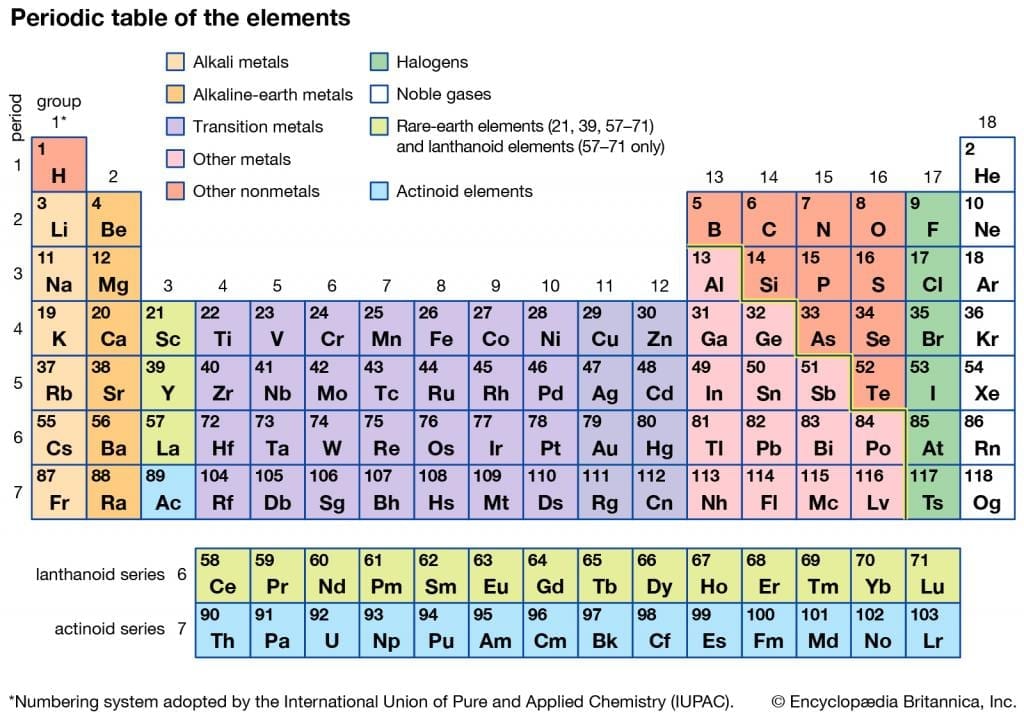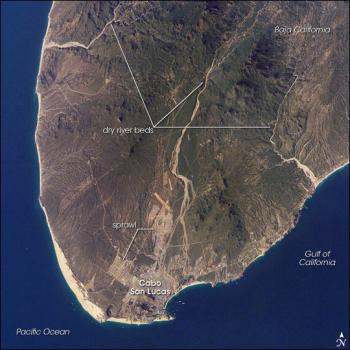
(Wikimedia Commons public domain image)
The target of Curtis White, The Science Delusion: Asking the Big Questions in a Culture of Easy Answers [Brooklyn and London: Melville Books, 2014], is not science itself but, rather, “science as ideology (or ‘scientism,’ as it is often called),” which White describes as “certainly an abuse of the real value of science.” (10) He is particularly incensed by scientism’s reduction of humans to machines:
Are we really just the percolating of leptons and bosons, as philosopher of science Alex Rosenberg believes? Are we just matter obeying the laws of physics? In our emotional lives, have we been for all this time nothing better than the humiliated lover of E. T. A. Hoffmann’s “The Sand Man” who falls in love with Olympia, a seductive piece of clockwork? For all these centuries, have our soul mates . . . been mere congeries of meat, wire, and chemical? Are our ideas best understood as gene-like “memes” for which the most important consideration is not truth but adaptive “fitness”? (5)
White is rejecting the claim that
The human mind is a machine of flesh, neurons, and chemicals. (9)
Richard Feynman once claimed that “all things are made of atoms, and . . . everything that living things do can be understood in terms of the jigglings and wigglings of atoms.” In order to contest this claim one need not be religious.
(Curtis White himself is an atheist.)
In this next passage, he is certainly generalizing too widely. Some scientists are reductionists, but very many are not:
[S]cientists are weirdly comfortable with the idea that the universe and human life is meaningless. We’re just products of physics and chemistry and so is the universe. As John Gribbin writes at the conclusion of his Science: A History: “The Earth is an ordinary planet orbiting an ordinary star in the suburbs of an average galaxy,” and life is nothing more than “chemical processes.” [Richard] Feynman, hammering out his favorite chord, put it this way: “There is nothing that living beings do that cannot be understood from the point of view that they are made from atoms acting according to the laws of physics.” . . . But, Gribbin goes on to reassure us, none of this implies the meaninglessness of science. That exciting game continues. He writes, “Who knows what the next five centuries, let alone the next five millennia, might bring.” (80-81)
There seems to me a strange disconnect at work here. If everything is the result of atomic processes, wouldn’t that include scientific inquiry? Why, then, Gribbin’s eagerness, his appetite, his excitement for what the future holds for scientific discovery? Isn’t his own enthusiasm evidence of something extra-atomic about the Earth’s human inhabitants? There may be nothing special about our place in the cosmos, but there is something very special about our ability to say so. (81-82)
In a note appended to the immediately previous passage, White remarks that
Science thus becomes a version of the liar’s paradox (“I am lying”): “I am special because I know that I’m not special.” (82n)












